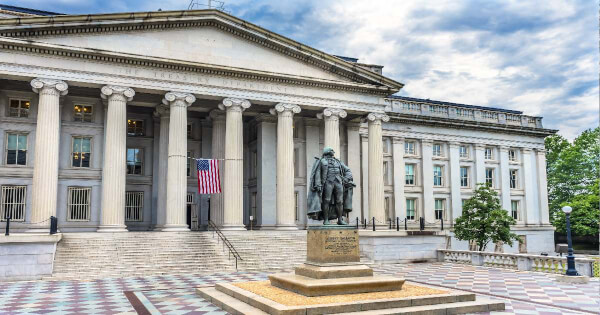BlockFi, a major crypto lending firm based in New Jersey, has reversed its earlier decision, and now stop accepting shares in the Grayscale Bitcoin Trust (GBTC) as collateral for loans.
Early Tuesday, the non-bank lender announced that it would cease accepting GBTC as loan collateral.
In a statement, a BlockFi representative said: “While we don’t currently hold any positions in GBTC and are winding down a couple of loans where GBTC is part of the collateral package, we are not saying that we won’t support GBTC as collateral moving forward. Like any collateral, we constantly evaluate appropriate collateral haircut ratios and aim to accept as many types of collateral that our clients hold as possible.”
The earlier move by BlockFi to seek winding down its positions in Grayscale’s Bitcoin Trust was because of its exposure to Singapore-based hedge fund firm Three Arrows Capital (3AC). BlockFi lost about $80 million from Three Arrows’ bad debt in terms of the GBTC investment product whose value dropped massively amid the recent collapse of the struggling hedge fund.
GBTC allows investors to gain exposure to Bitcoin without directly purchasing and holding the cryptocurrency themselves.
Crypto Contagion Risk
The move by these firms, including BlockFi, came as a response to the controversy facing Three Arrows Capital, which had a huge stake in GBTC and was offering arbitrage opportunities around the Grayscale fund.
BlockFi has been hit hard by the contagion risk triggered by the collapse of the Three Arrows Capital. Many other crypto firms, including lending platforms Celsius Network, Voyager Digital, and Vauld, also saw their fortunes wiped off amid the crash of TerraUSD and LUNA and consequently the downfall of the prominent leveraged crypto hedge fund Three Arrows Capital.
Grayscale’s GBTC is a widely traded Bitcoin fund. Recently, Grayscale filed a lawsuit against the U.S. Securities and Exchange Commission (SEC) for rejecting its application to convert its GBTC into a spot Bitcoin ETF (Exchange-Traded Fund). Among the reasons why the SEC rejected Grayscale’s application was the possibility of manipulation of Bitcoin trades — an argument apparently boosted by Three Arrows’ botched arbitrage trading plan.
Image source: Shutterstock
Credit: Source link






















